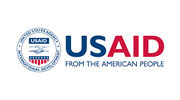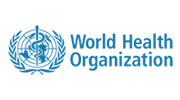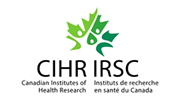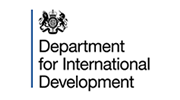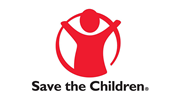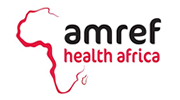HIV prevalence among conflict-affected population in Northern Uganda, is 12.2%, with women who experienced war-related sexual violence 80% more likely to be HIV+. These rates are higher than national rates, yet, less than 35% of HIV+ people reported ever accessing ART.
The general objective of this study is to develop, test and scale up culturally-safe, strengths-based, trauma-informed, technology-enhanced (CSTT) interventions among war affected populations in the districts of of Gulu, Amuru, Nwoya, and Omoro, in Northern Uganda. This entails collecting data on the temporal trends in the prevalence and incidence of HIV and other sexually transmitted infections, and associated risk factors among the study population. Specifically, the study aims at characterizing the effects of war associated trauma on HIV and STI related vulnerability, including the impact of trauma on seeking treatment. The study will also identify individual, socio-cultural and structural factors associated with barriers to access and utilization of HIV care services as conflict-affected populations resettle from Internally Displaced People’s camps to villages.
Funded by the Canadian Institute of Health Research (CIHR) for the period between 2017-2023, other objectives of this project include; Estimating the prevalence and incidence of HIV / syphilis/Hepatis B, and identifying the risk factors among conflict-affected populations in Northern Uganda
The study also seeks to investigate associations between posttraumatic stress, resilience, and depression, with HIV/Hep. B incidence among conflict-affected populations in Northern Uganda.
This study will also pilot feasibility and acceptability of different intervention packages to support both prevention and care. This may include Mhealth, and a motivational interviewing intervention (Wayo/Nero Interventions)
So far, the study has an ongoing Sero-survey following a cohort of 3332 participants aged 13-49 years.
Search
Botton Last Menu
Copyright © 2026 | CHDC. All rights reserved
